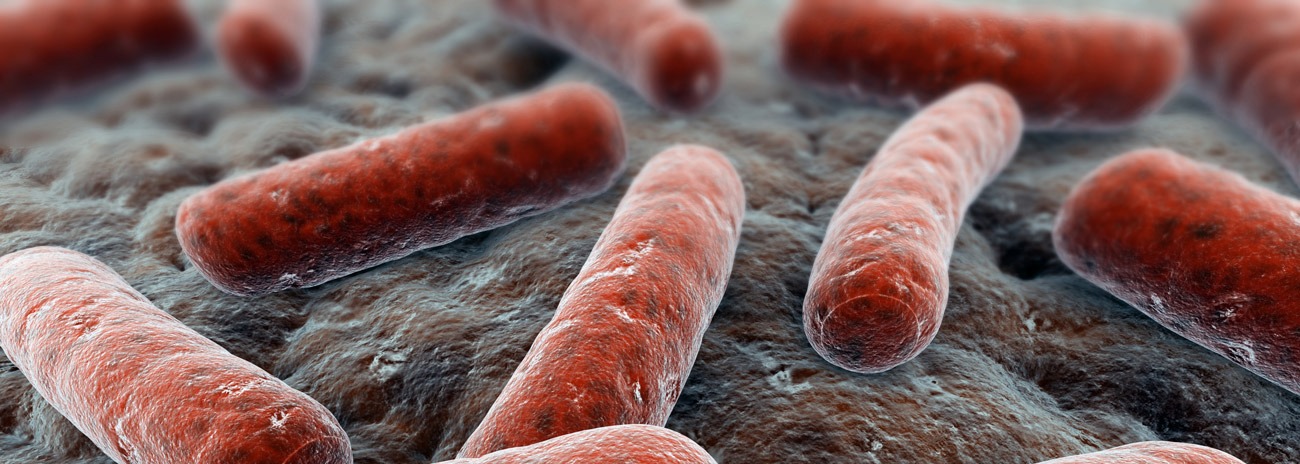The control of naturally occurring pathogens in the environment, particularly in water, food and the built environment is becoming increasingly challenging for organisations and indivuduals around the world.
Learn about common naturally occurring pathogens, their impact on us and our environment, and control measure that can be taken to reduce their impact..
Norovirus (Winter Vomiting Bug) FAQ
Cryptosporidium is a parasite that infects man and a wide range of domestic and wild animals.
It causes cryptosporidiosis, which in healthy adults, is an unpleasant diarrhoea lasting for up to two weeks.
Norovirus (Winter Vomiting Bug) FAQ
This short paper provides information about the norovirus, also known as the winter vomiting bug. It is the most common stomach bug in the UK, affecting people of all ages.
Food Poisoning Bacteria – Salmonella, Listeria, E.coli 0157, Campylobacter
This short paper in our series covering food poisoning bacteria examines how various bacterium causes food poisoning, paying closer attention to five of the most common bacteria; Salmonella, Listeria, E.coli 0157, Campylobacter and Clostridium perfringens.
SARS – FAQ
This short paper deals with several of the most commonly asked questions about the respiratory illness Severe Acute Respiratory Syndrome (SARS).
It considers the illness, its symptoms and other relevant issues.
Severe Acute Respiratory Syndrome (SARS)
This short paper deals with several of the most commonly asked questions about the respiratory illness Severe Acute Respiratory Syndrome (SARS).
It considers the illness, its symptoms and other relevant issues.
Infection Control at Work
This informative guide looks at risk management issues in the workplace, and in particular infection control at work. This guide is intended for employers and the self employed and covers identifying, assessing and controlling the risks of infection in the workplace.
Clostridium Difficile – A Guide to the Bacterium
Clostridium difficile is the major cause of antibiotic-associated diarrhoea and colitis, a healthcare associated intestinal infection that mostly affects elderly patients with other underlying diseases.
Bird Flu – Working with Highly Pathogenic Avian Influenza Virus
What is Avian Influenza or Bird Flu? Avian influenza, also known as bird flu is a virus that causes disease in birds. Poultry, pigeons and wild or migratory birds, such as ducks, can become infected with the virus.
Sick Building Syndrome
Do you regularly suffer from irritating symptoms including headaches, a runny nose and itching? Have you noticed that your colleagues are taking much more sick leave, performing badly, or are unhappy with their surroundings?
How Can Planning Prevent Sick Building Syndrome?
Many of the factors associated with Sick Building Syndrome relate to building and building services design. In many cases it will be very difficult, if not impossible, to change things when building and installation work have been completed. In some cases alterations may be possible but would be prohibitively expensive to carry out.








